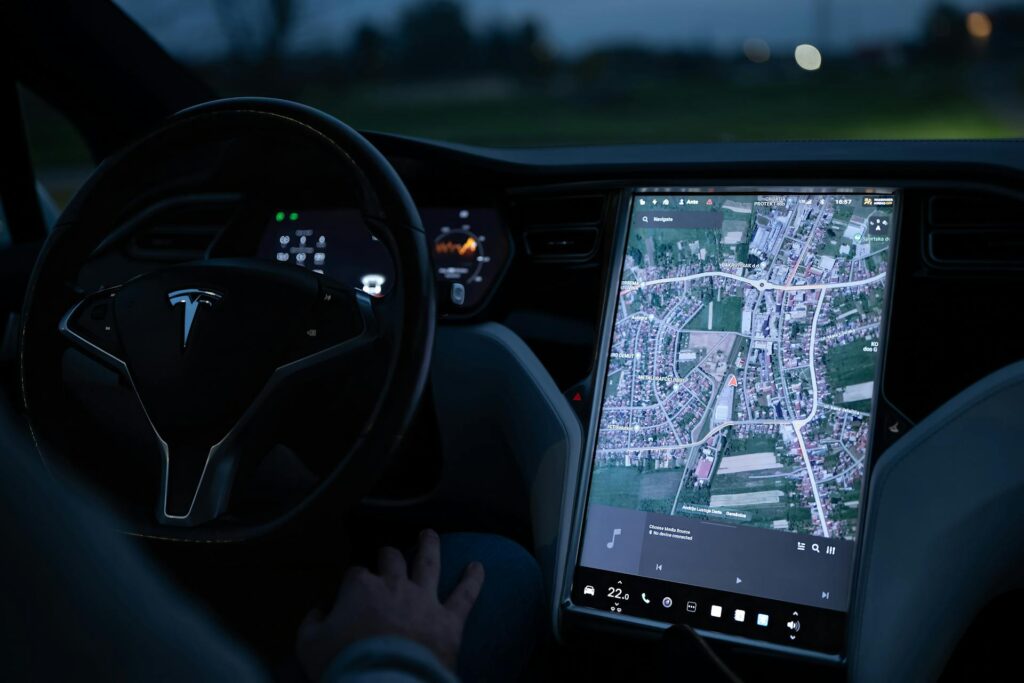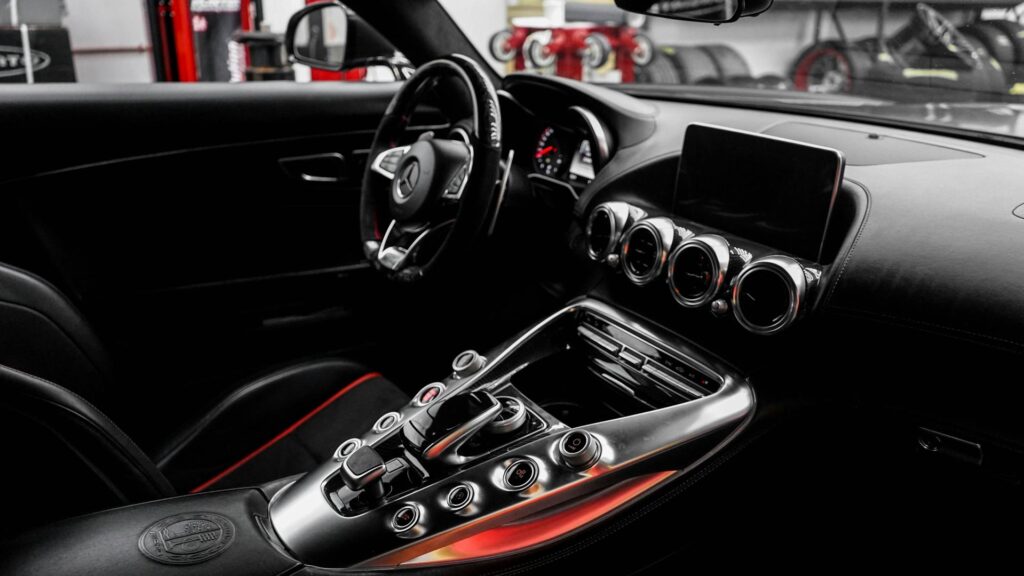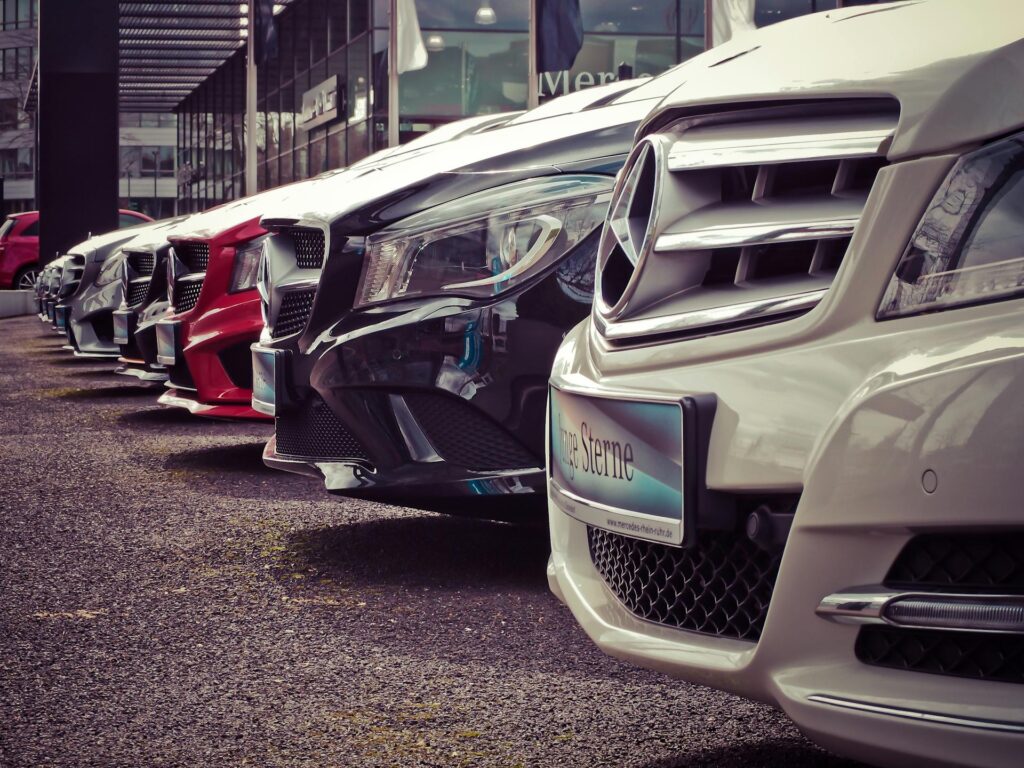The luxury car market has always been a showcase for cutting-edge technology, unparalleled design, and top-tier performance. As we step into 2024, the automotive industry is witnessing a seismic shift, driven by technological advancements, evolving consumer preferences, and a greater emphasis on sustainability. This article delves into the future of luxury cars, exploring the innovations and trends that are shaping the next generation of high-end vehicles.

Electrification: A Sustainable Luxury
The Rise of Electric Vehicles (EVs)
Electric vehicles have been making headlines for years, but 2024 marks a pivotal moment for luxury carmakers fully embracing electrification. The demand for electric luxury cars is skyrocketing as more consumers prioritize sustainability without sacrificing performance or style. Automakers like Tesla, Porsche, and Mercedes-Benz have already set the standard for luxury EVs, and now other luxury brands are entering the market with groundbreaking models.
Key Innovations:
- Solid-State Batteries: Solid-state batteries offer faster charging times, longer range, and enhanced safety, becoming a game-changer for luxury EVs. Companies like Toyota and BMW are investing heavily in this technology to provide premium customers with unmatched electric driving experiences.
- Wireless Charging: Convenience is a hallmark of luxury, and wireless charging pads embedded in roads and garages are poised to eliminate the hassle of plugging in. This technology ensures seamless charging experiences for owners, further elevating the luxury EV experience.
- Regenerative Braking and Energy Recuperation: Advanced regenerative braking systems, which capture and store energy during braking, are becoming more efficient, further extending the range of electric luxury cars.
Hybrid and Plug-in Hybrid Innovations
While fully electric vehicles are gaining momentum, hybrid and plug-in hybrid models remain a popular choice among luxury car buyers who seek flexibility and extended range. Manufacturers are introducing innovative hybrid systems that enhance performance and fuel efficiency while maintaining the luxury experience.
Notable Developments:
- Efficient Engine Integration: Luxury carmakers are seamlessly integrating electric motors with powerful internal combustion engines to offer exhilarating performance and reduced emissions. This blend of power and sustainability caters to consumers who demand both thrill and responsibility.
- Adaptive Hybrid Modes: Advanced hybrid systems can switch between different driving modes, optimizing performance based on driving conditions and driver preferences. This adaptability ensures a tailored driving experience, whether in city traffic or on open highways.

Autonomous Driving: The Future of Chauffeured Luxury
Advanced Driver Assistance Systems (ADAS)
Autonomous driving technology is no longer a distant dream but a tangible reality. Luxury car manufacturers are at the forefront of developing advanced driver assistance systems (ADAS) that offer unparalleled safety and convenience. These systems are paving the way for fully autonomous vehicles, where the car takes over the driving responsibilities, allowing passengers to relax and enjoy the journey.
Key Features:
- Level 3 Autonomy: In 2024, luxury cars increasingly feature Level 3 autonomous systems, enabling vehicles to handle various driving tasks independently, such as highway driving and traffic jams. This advancement enhances safety and provides drivers with a sense of freedom.
- AI-Driven Personalization: Artificial intelligence powers personalized driving experiences, learning driver preferences and adapting to individual needs. AI can adjust settings like seat position, climate control, and entertainment options, creating a customized journey for each passenger.
The Road to Fully Autonomous Vehicles
While fully autonomous vehicles (Level 5) are still a few years away from becoming mainstream, luxury carmakers are investing heavily in research and development to accelerate their arrival. This transformation will redefine the concept of luxury travel, offering passengers a seamless, chauffeur-like experience.
Challenges and Innovations:
- Ethical and Safety Considerations: The development of fully autonomous vehicles raises ethical questions and safety concerns. Manufacturers are working diligently to address these issues, ensuring that autonomous luxury cars adhere to the highest safety standards and make ethical decisions in complex situations.
- Connected Infrastructure: For autonomous vehicles to operate seamlessly, a robust connected infrastructure is essential. Luxury car brands are collaborating with governments and tech companies to develop smart cities with advanced connectivity, enabling vehicles to communicate with traffic signals, road signs, and other vehicles.

Interior Luxury: A Focus on Comfort and Connectivity
Intelligent Infotainment Systems
The interior of luxury cars has evolved from a mere cockpit to a high-tech sanctuary that prioritizes comfort and connectivity. In 2024, luxury carmakers are revolutionizing infotainment systems, integrating cutting-edge technologies that cater to the modern driver’s needs.
Innovative Features:
- Augmented Reality Displays: Augmented reality (AR) displays provide real-time information on the windshield, enhancing navigation and safety. Drivers can access directions, traffic updates, and hazard warnings without taking their eyes off the road.
- Voice-Activated Assistants: Voice-activated AI assistants are becoming more intuitive and capable, allowing drivers to control various functions through natural language commands. From adjusting the climate to finding the nearest restaurant, these assistants enhance the driving experience by reducing distractions.
- Immersive Audio Systems: Luxury cars are equipped with state-of-the-art audio systems, delivering a concert-like experience. Brands like Bang & Olufsen, Bose, and Harman Kardon are collaborating with automakers to create immersive soundscapes that elevate the journey.
Sustainable and Customizable Interiors
Sustainability is a driving force behind interior design innovations in luxury cars. Manufacturers use eco-friendly materials and customizable options to create elegant, comfortable, and environmentally conscious interiors.
Key Trends:
- Sustainable Materials: Luxury brands are turning to sustainable materials like recycled plastics, vegan leather, and responsibly sourced wood. These materials reduce the carbon footprint and resonate with environmentally conscious consumers.
- Customizable Ambiance: Advanced lighting systems allow passengers to personalize the interior ambiance, creating a soothing atmosphere with customizable colors and intensities. This feature adds a touch of luxury, allowing occupants to tailor the environment to their mood.

Performance and Efficiency: Redefining the Driving Experience
Hybrid and Electric Performance
Luxury car manufacturers are pushing the boundaries of performance, offering exhilarating driving experiences without compromising efficiency. Hybrid and electric powertrains are at the forefront of this revolution, delivering instantaneous torque and unmatched acceleration.
Noteworthy Developments:
- Electric Supercars: Electric supercars are redefining the limits of speed and agility, challenging traditional internal combustion engines. Brands like Rimac and Lucid Motors produce electric supercars that rival the performance of conventional high-performance vehicles.
- Torque Vectoring: Advanced torque vectoring systems improve handling and stability, allowing luxury cars to corner with precision and confidence. This technology enhances driving dynamics, providing an engaging and thrilling experience for enthusiasts.
Lightweight Materials and Aerodynamics
Efficiency is a hallmark of luxury, and automakers invest in lightweight materials and aerodynamic designs to enhance fuel efficiency and performance. These innovations improve efficiency, reduce weight, and contribute to a more dynamic driving experience.
Key Innovations:
- Carbon Fiber and Aluminum: Luxury car manufacturers are incorporating carbon fiber and aluminum into their designs to reduce weight while maintaining structural integrity. These materials enhance performance and contribute to a more sustainable driving experience.
- Active Aerodynamics: Active aerodynamic systems automatically adjust elements like spoilers and vents to optimize airflow, enhancing stability and efficiency. This technology improves fuel economy and performance, reflecting the meticulous engineering that defines luxury automobiles.